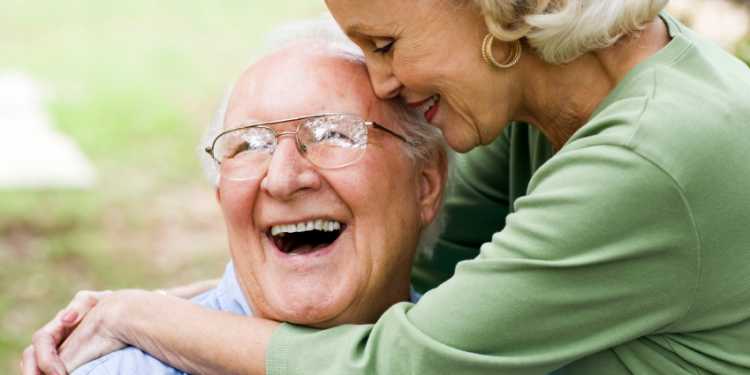For those of us with elderly parents, the past year has been particularly stressful. COVID-19 is extremely dangerous for older people, and many of us have had to keep our distance from our parents just to keep them safe. Unless they are living with a full-time nurse, a lot can go wrong when they are alone at home, and they may not be able to get hold of us so that we can help them.
To be clear, this is not just a COVID problem. Elderly people are at high risk of illnesses and accidents which can immobilise them and prevent them from alerting anyone.
For this reason, there have been some excellent technological advancements to keep our elderly loved ones safe. Make sure you get your hands on some of these devices.
Table of Contents
Walabot HOME Fall Detection
No matter how well suited a home is for old people to get around safely, falls are always possible. The problem is that you won?t know if they have fallen. Without taking away their privacy with CCTV cameras, how do we keep track of their wellbeing?
Fall detection is the answer. You can install sensors in a room that uses radio-frequency technology to learn your loved one?s movements, alerting you if they fall. It preserves their privacy and dignity, while giving you peace of mind.
Walabot HOME provides state of the art fall detection, as you can see in these Walabot reviews. If your loved one does suffer a fall, they won?t be alone for long.
Smart Medication Dispensers
Plenty of young people take chronic medication, but it is the elderly who are most dependent on modern medicine. Many elderly people take a number of different pills at different times of the day. Unfortunately, memory issues are common among elderly people, and remembering to take medication can be hard for anyone.
Smart medication dispensers dispense of the risk that they will forget to take important pills. They alert your loved one to take the right medication at the right time, and detect when they have been removed. So, if your loved one does not hear or ignores the alert, you will get a message.
This is crucial for people dependent on medication and can be life-saving.
AI Home Assistant
Many older people refer to themselves as technophobes, considering technology to be their foe rather than friend. That can all change with a virtual AI assistant. The most popular and well-known example is Amazon?s Alexa.
Virtual home assistants are voice activated. Simply by saying the name Alexa, your loved one can ask the device for anything they need. (Modafinil) They can use it for convenience, but it also becomes incredibly useful in case of immobility. If your loved one does fall in an area where you do not have fall detection, they can simply ask Alexa to call you or even to call emergency services.
Cleaning Robots
Cleaning is something everyone has to do if they live independently. Even if someone comes in regularly to clean, your loved one will still have days or nights when they need to clean up a room on their own.
Cleaning can be very difficult with limited mobility, and it can easily lead to falls, especially when the floor is wet. To solve this problem, cleaning robots may be the next best innovation.
Cleaning robots can be as limited as a Roomba or complex enough to carry out tasks. Of course, the latter is less accessible right now and far more expensive, but in the near future these robot assistants will become commonplace.
Wearable Heart Monitors
Heart rate is a great, if limited, indicator of physical wellness. It?s not going to tell you whether you’re eating healthy or have forgotten to take your medication. However, it is going to alert you when something is seriously wrong.
Wearable heart monitors provide your loved one with an indicator that their heart is working as expected. If they suffer a heart attack or stroke, the heart rate monitor will alert you immediately, helping you ensure that medical assistance arrives in time.
Wearable heart monitors are not complicated devices, and your loved one does not need to worry about figuring anything out in order to benefit from them. They are helped simply by wearing the small device.
Technology is one of the biggest boons to modern medicine. The above devices will help keep your elderly loved ones safe from the most common issues.


